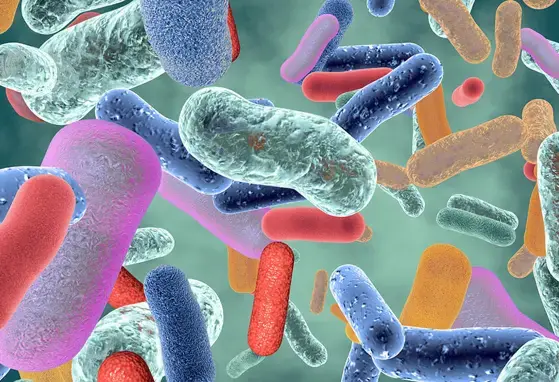[Hot Science] Changes in gut microbiota in women with gestational diabetes mellitus (GDM)
![[Hot Science] Changes in gut microbiota in women with gestational diabetes mellitus (GDM)](/sites/default/files/styles/header_image_article_mobile/public/2019-11/image5_2.jpg.webp?itok=RKqOepHI)
Gestational diabetes mellitus (GDM) is a common pregnancy complication worldwide and a recent study has examined its relationship with gut microbiota profile.
Background
- It has been proposed that beneficial influences of lifestyle interventions on GDM might be due to the alternation of maternal microbiota during pregnancy
- This study aimed to elucidate,
- Variations in microbiota profile in GDM women during pregnancy
- Associations between these variations and differences in nutrient intake, anthropometric and laboratory parameters
Study Design
- A prospective observational explorative study
Subjects
- 50 GDM women it Italy,
- 9 women were lost at follow-up
- Most were overweight women with excessive fat consumption and less than recommended fiber intake
Method
- At 24 - 28 weeks of gestation (enrollment, time of GDM diagnosis) and 38 weeks/before delivery (end of study), the below information was collected,
- Questionnaires
- Anthropometric values
- Fasting blood samples
- Stool samples
- Fecal microbiota was evaluated by 16S amplicon-based sequencing
Key Findings
- 14 out of 41 women (34.1%) declared that they followed the given dietary guidelines
- Adhered women had lower consumption of sugars and higher intake of fiber, oligosaccharides, polyunsaturated fatty acids versus non-adherents
- Adhered women showed a better metabolic and inflammatory pattern
- A shift in the microbiota profile was noted from the second to the third trimester,
- Higher α-diversity
- Increase in Firmicutes
- Decrease in Bacteroidetes and Actinobacteria
- Specific shift in microbiota was observed in adherents and non-adherents at end of study,
- Decrease in Bacteroides in adherents
- Increased abundance of Faecalibacterium and L-Ruminococcus as well as minor Operational Taxonomic Units in non-adherents
- Associations between specific bacterial quantity and dietary/laboratory parameters were recorded,
- Faecalibacterium was related to fasting glucose
- Collinsella (directly) and Blautia (inversely) were associated with insulin and with Homeostasis-Model Assessment Insulin-Resistance
- Sutterella was associated with levels of C-reactive protein
Conclusion
- It is suggested that interfering the gut microbiota might be a potential approach to influence maternal metabolic health
Link to the full article: https://www.ncbi.nlm.nih.gov/pmc/articles/PMC6093919/
Reference
Ferrocino I, Ponzo V, Gambino R, Zarovska A, Leone F, Monzeglio C, Goitre I, Rosato R, Romano A, Grassi G, Broglio F, Cassader M, Cocolin L, Bo S. Changes in the gut microbiota composition during pregnancy in patients with gestational diabetes mellitus (GDM). Sci Rep. 2018;8(1):12216.
WYE-EM-393-OCT-18
If you liked this post you may also like

[Guideline Summary] S3 guidelines on allergy prevention

[Literature library] Coronavirus Disease 2019 (COVID-19) mRNA-based vaccination and breastfeeding

![[Literature Library] Epitope-Specific Response of Human Milk sIgA in COVID-19 Recovered Women](/sites/default/files/styles/card_m_mobile/public/2021-07/205_COVID-opt.jpg.webp?itok=jNfgf4cf)
[Literature Library] Epitope-Specific Response of Human Milk sIgA in COVID-19 Recovered Women